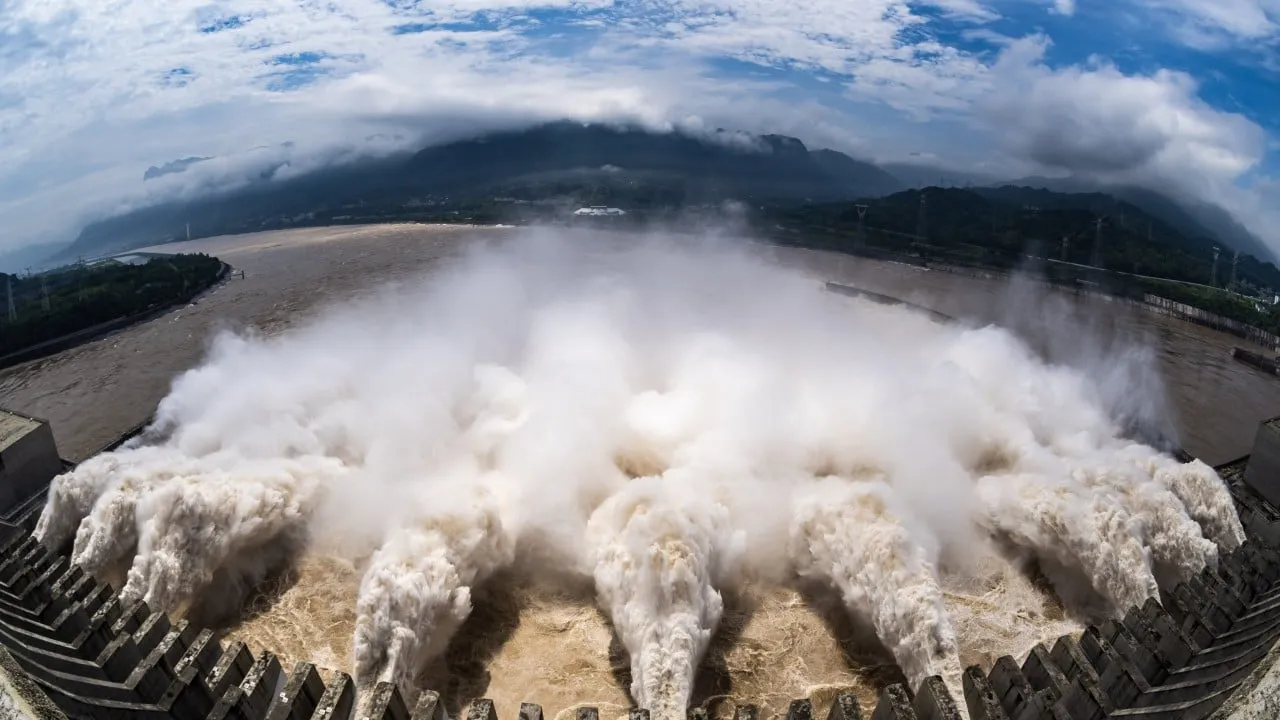Local Authorities in China Reinvent Revenue through Water Resource Tax Reforms

Local Authorities Set for Change
Local authorities in China are bracing for a transformative overhaul through expanded water resource tax measures. Effective December 1, these reforms aim to replenish transfer payments while ensuring public safety and addressing critical water scarcity issues across the nation.
Goals of the Water Resource Tax
- Boost the financial resources of local governments
- Enhance awareness and motivation for water conservation
- Refine the taxation system to better manage local resources
According to China’s Ministry of Finance, the revisions stipulate that all water resource tax revenues will be allocated to local governments, aiming to broaden local tax bases and enhance management over local taxes. Although the increase in revenue is forecasted to be only modest compared to existing debts, it symbolizes a significant intention to restore local fiscal capabilities.
Impacts of Water Taxation
- Reduction in groundwater over-exploitation
- Improvement in water use efficiency
- Specific tax rates for industries, promoting better water practices
The World Bank has highlighted that China possesses only 7% of the world's freshwater resources, despite having 20% of the global population. The new measures reflect a broader strategy to combat this imbalance, encouraging innovations in water conservation and technological advancements.
Future of Local Governments
Despite a slight rise in local fiscal revenue, recent statistics show that overcoming groundwater over-exploitation remains a challenge. The expanded taxation aims to equip local authorities with the necessary assets to tackle these enduring issues.
This article was prepared using information from open sources in accordance with the principles of Ethical Policy. The editorial team is not responsible for absolute accuracy, as it relies on data from the sources referenced.